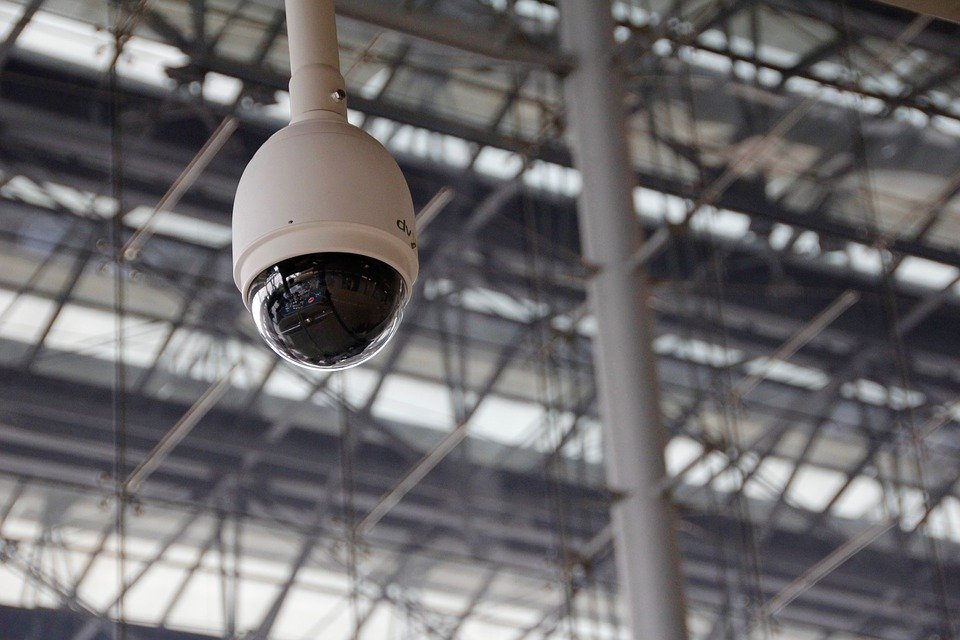What does the Law say about cameras in the workplace in South Africa? In recent years, there has been a growing trend towards the use of cameras in the workplace. While cameras can be used to improve security, monitor productivity, and deter misconduct, there are also concerns about the impact on employee privacy and the potential for abuse. In South Africa, there are laws that regulate the use of cameras in the workplace. In this article, we will discuss what the law says about cameras in the workplace in South Africa.
The POPIA Act Regarding Cameras in the Workplace in South Africa
The Protection of Personal Information Act (POPIA) was signed into law in 2013 and came into effect on 1 July 2020. POPIA regulates the collection, storage, and use of personal information in South Africa. This includes information that is collected through surveillance cameras in the workplace.
Under POPIA, employers are required to obtain the consent of their employees before using surveillance cameras in the workplace. This means that employees must be informed of the purpose of the cameras and the nature of the surveillance. The employer must also ensure that the surveillance is carried out in a manner that is lawful, reasonable, and necessary.
Employers are also required to provide employees with access to the footage that is collected by the cameras. This means that employees have the right to view the footage that has been collected about them and to request that any inaccurate information be corrected.
Video: Workplace Surveillance. So Now What?
In addition to POPIA, there are other laws and regulations that apply to the use of cameras in the workplace. For example, the Basic Conditions of Employment Act (BCEA) requires employers to provide a safe and healthy work environment for their employees. This includes taking measures to prevent workplace violence, theft, and other security risks. Cameras can be used to improve security and deter misconduct, but the employer must ensure that the surveillance is carried out in a manner that respects employee privacy and dignity.
Specific Requirements for the use of Cameras in certain industries
There are also specific requirements for the use of cameras in certain industries. For example, in the mining industry, cameras are used to monitor safety and prevent accidents. The Mine Health and Safety Act (MHSA) sets out specific requirements for the use of cameras in the mining industry, including the need to obtain the consent of employees and to ensure that the cameras are used for a legitimate purpose.
The use of cameras in the workplace is regulated by a number of laws and regulations in South Africa. Employers must obtain the consent of their employees before using surveillance cameras and ensure that the surveillance is carried out in a manner that is lawful, reasonable, and necessary. Employers must also provide employees with access to the footage that is collected by the cameras and take measures to respect employee privacy and dignity. By following these guidelines, employers can use cameras to improve security and monitor productivity while also respecting the rights of their employees.

Did You See These?
Disclaimer
The content presented on this website was originally created by the team at Legal Advice. All information related to legal firms and legal matters is based on "User Submitted Data", and or publicly accessible data available from more than one online sources. Should you have any concerns or disputes about the information provided, please feel free to reach out to us at hello@legaladvice.org.za.

